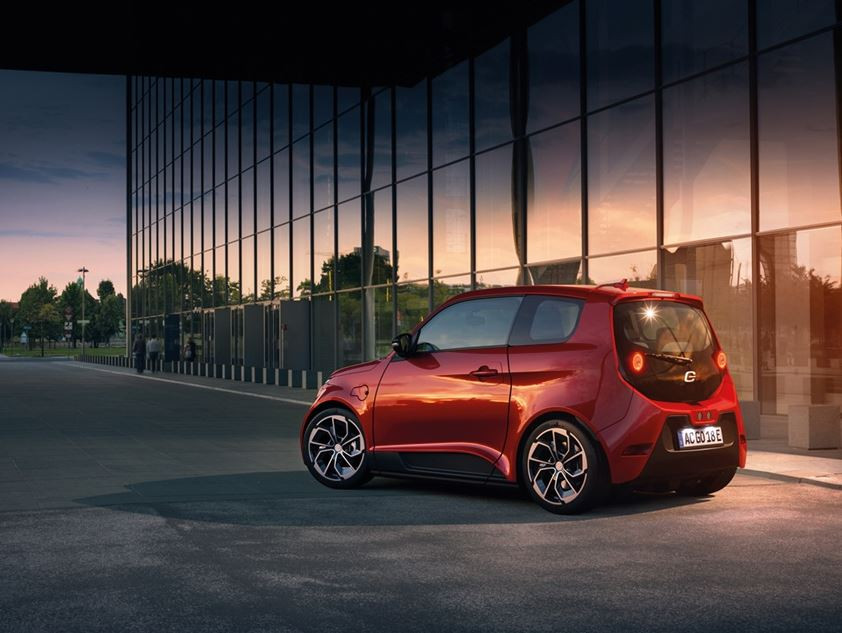German e-car pioneer says cars should have smaller battery and hydrogen fuel cell
Extending the range of battery-based electric cars with an additional hydrogen fuel cell makes more sense from an economic and environmental perspective than using huge batteries, said German e-car pioneer Günther Schuh. “The battery won’t become significantly cheaper over the next ten years, and using a smaller battery is much more environmentally sound,” Schuh, who runs e-car start-up e.GO Mobile and spearheaded development of the electric delivery van StreetScooter that is now used by Deutsche Post DHL, said at an industry trade fair in Hanover. He added that the debate about whether future e-cars should be powered by a battery only or by a fuel cell running on hydrogen would be “too much a question of ‘either or,’” when in fact an “intelligent combination” was the best way forward.
Schuh said fuel cell systems were still too expensive for use in small passenger cars, but currently offered much larger potentials for cost reductions than batteries. “It’s not an art to build an electric car, but to build a cheap electric car,” Schuh added. “We should focus on simplicity and affordability.” He said Germany only needed about 800 to 1,000 hydrogen filling stations to have a viable infrastructure for use in mobility.
Schuh’s start-up e.GO Mobile has developed the sub-compact electric car e.GO Life, with prices starting at 16,000 euros, and the minibus e.GO Mover, which can be equipped with a fuel cell range extender. Germany's largest carmaker Volkswagen recently signed e.Go Mobile as the first external partner for its modular platform for electric vehicles (EV), which Volkswagen intends to use to “bring e-vehicles to market that complement Volkswagen’s model offering.”

